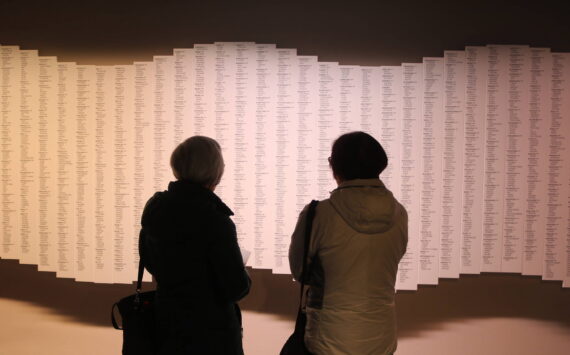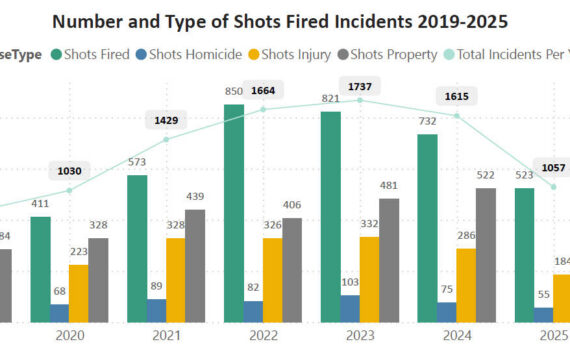THE LITTLE ELEVATED train that could has been chugging up some daunting hills in recent weeks, but none steeper than its latest incline. The fate of the monorail currently rests with Gov. Gary Locke, who must decide by April 3 whether the train should remain tethered to the passage of a regional transportation package. The Elevated Transportation Company (ETC), the entity set up to bring a monorail plan to voters, is scrambling to convince the governor to uncouple Seattle’s monorail from the region’s highways.
Originally, the state Legislature’s monorail bill, which authorizes Seattleites to vote to tax themselves to build the elevated system, called for a vote on a Seattle-only taxing package, presumably this November. But just before the end of the session, state Sen. Dan McDonald, R-Bellevue, attached a poison pill to the monorail legislation, stipulating that the whole bill would be “null and void” if the regional package, allowing voters in King, Pierce, and Snohomish counties to vote on their own transportation projects, wasn’t passed by the end of 2002. The largest component of that bill: the expansion of I-405, the Eastside senator’s $7.5 billion pet project. According to state Sen. Ken Jacobsen, D-Seattle, who authored the monorail bill, McDonald “explained it this way: If you don’t fund 405, then you can’t vote on the monorail.” Gov. Gary Locke has already signed off on the regional transportation package.
Opponents say linking the two unrelated projects constitutes foul play, if not outright blackmail. “It’s like everybody in the state has a pistol to everyone else’s head—’If I’m going to get shot, then you are, too,'” Jacobsen says. “I think it reflects the breakdown of the ability of the Legislature to get a statewide transportation package passed. We just got drug in on that battle.”
Opinions differ on whether the bill’s “null and void” clause means that the monorail can move forward only if voters approve a regional transportation package, or if Gov. Locke’s signature is enough for the bill to be considered “passed,” or signed into law. “Some people claim that because [Locke] signed the [regional] bill, that in fact a regional transportation act has become law and we are already in compliance,” says the ETC’s Ed Stone. But Jacobsen believes the phrase means voters have to approve the package. “I don’t think there’s room for interpretation,” he says.
Clearly, the ETC would prefer the former. A vote on the regional bill probably won’t come, at the soonest, before 2003, because the three county governments have to set up a new governance structure and come up with a proposal. That would be enough to cripple the monorail, regardless of whether people vote for the regional bill. But if Locke’s signature is enough, the monorail will have crossed one more major hurdle on its way to a November ballot.
Officially, the ETC is “still requesting that the governor veto the ‘null and void’ section” above all, according to ETC executive director Harold Robertson. “We don’t think it’s good policy to have voters in Snohomish County, Pierce County, and King County outside Seattle deciding whether the voters can go to the polls to vote to tax themselves for the monorail.”
But unofficially, some monorail backers are already thinking about what happens next. If the governor doesn’t excise the offending language, monorail supporters may have no choice but to take the legislation to court. “In essence, we would want to go to the courts to have them interpret it,” says monorail supporter Peter Sherwin, author of the 2000 initiative that created the ETC.
Erica C. Barnett







